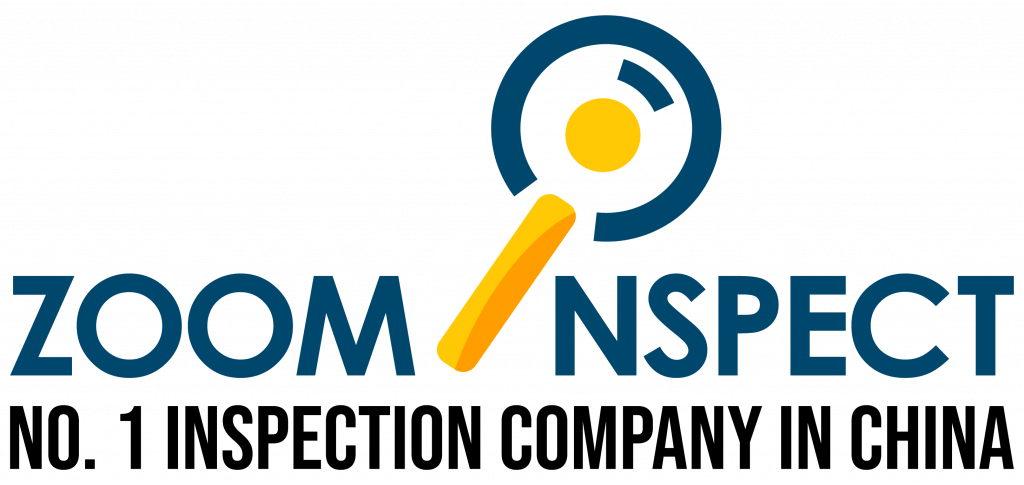Have you ever been disappointed after receiving the products that you ordered because they didn’t meet your expectations? Did that experience tarnish the supplier’s brand image for you and made them lose a customer? That is what Pre Shipment Inspections aim to avert.
In essence, Pre Shipment Inspections (also referred to as PSI) constitute a ready-to-control quality phase of supply chain management. These services assure the trade operators that the goods they have ordered from their suppliers, meet the specified verifications in every aspect. Quantity and overall workmanship confirmation along with functionality and safety testing contribute to a premium pre shipment inspection.
When is a Pre Shipment Quality Check performed?
This service is usually conducted when 100 percent of goods are manufactured and almost 80 percent are packed. Samples are randomly selected according to standards to ensure that the inspection reviews are completely unbiased.
What privileges can you predict from this Quality Inspection?
Conducting a pre shipment inspection is beneficial for purchasers as well as suppliers because it provides them with one last opportunity to make revisions to the merchandise by identifying deviations before the commodities are shipped. It also confirms the labels and shipping marks. This helps to avoid costly holdups and delays which in turn optimizes import efficiency. Compliance with the customer specifications along with the rules set by the governing bodies is assessed during the procedure; both time and finances are saved as an outcome. It also ensures that a brand’s image is maintained when only supreme quality products reach their target customers.
Quality Inspection: A requisite for commerce in China
The Republic of China is rightfully known as “The World’s Factory” due to its strong business ecosystems, an abundance of raw resources, low labor costs, low taxes, and duties. The gigantic Chinese market’s capacity to produce anything, from low-cost footwear to high-end biotech; is unparalleled.
However, like every market in the world, it has its flaws. Most critical is the lack of regulatory compliance as the country itself and the customers lack the means to return the products to China. Moreover, the use of low-quality raw materials, cutting corners and other methods that can increase their profit margin are widely used by the manufacturers. Pre-Shipment Inspection is the service that will assure a client that the final products are of the desired quality. To reduce the losses and risks, a quality inspection by a third party is the way to go.
Product Inspection Checklist
According to the “Agreement on Pre shipment Inspection” introduced by World Trade Organization, a proper inspection prior to dispatch should tick the following prerequisites:
- Non discriminatory
- Should not cause delays
- Transparency
- Protection of confidential business information
- No conflict of interests
- Adherence to letter of credit
Execution of Pre Shipment Quality Check
A Pre Shipment Inspection is a thorough process carried out by a team of high qualified inspectors having expertise in that specific industry. A third party inspection agency guarantees that only licensed and skilled inspectors perform the inspection for your products. The key stages of the inspection service are:
- Inspection visits at the production house to ensure that the onsite manufacturing process meets the quality standards.
- Quantity verification according to the agreement between the supplier and the buyer along with the appraisal of packaging materials and labels.
- Random selection of samples with the ANSI/ASQC ZI.4 (ISO 2859-1) as the standard and the agreed Acceptable Quality Limit.
- Workmanship assessment of finished products for any visible defects.
- Dimension scrutiny in comparison with the mentioned specifications.
- Functionality evaluation and safety testing to comply with the safety regulations.
Similarly, the defects that were pointed out during the inspection are categorized into three levels which are as follows:
- Minor defects that do not affect operations such as small discolorations.
- Major defects that must be resolved promptly as they risk the entire batch
- Critical defects that lead to rejection of the product batch.
Pre Shipment Inspection Report
After the inspection process is completed, the inspectors issue a final verdict of a pass or fail in the final inspection report. A certificate is issued which is required by local customs of most countries along with an inspection report which covers a detailed description of the findings during the assessment. Virtual images are also included in the report to help in better comprehension of different aspects of the manufactured products.
Salient issues to keep in mind when conducting product inspection
In recent times, positive growth in the figure of trade operators carrying out quality control inspections has been seen. It reflects that more businesses are now concerned that only the finest quality products reach their target markets. Furthermore, the trend holds manufacturers more accountable than ever to secure product quality and adherence to regulations. Common troublesome situations that one can encounter when searching for inspectors in China are:
- Partial and corrupt inspection reports: It is important to make sure that you select independent third-party inspection agencies who can provide unbiased reviews.
- A vague inspection strategy: Proper communication with your inspectors about the specifications is the only way forward to control quality.
- Complete payment before the final inspection report: The entire purpose of a PSI is to avoid paying before a quality control check is performed.
IN A NUTSHELL
A Pre Shipment Inspection is a pivotal step for every trade operator to review the product quality and address any flaws before making the payments. This inspection holds much more importance for customers who invest in suppliers in China to ensure that their goods meet term of specifications and letter of credit.


